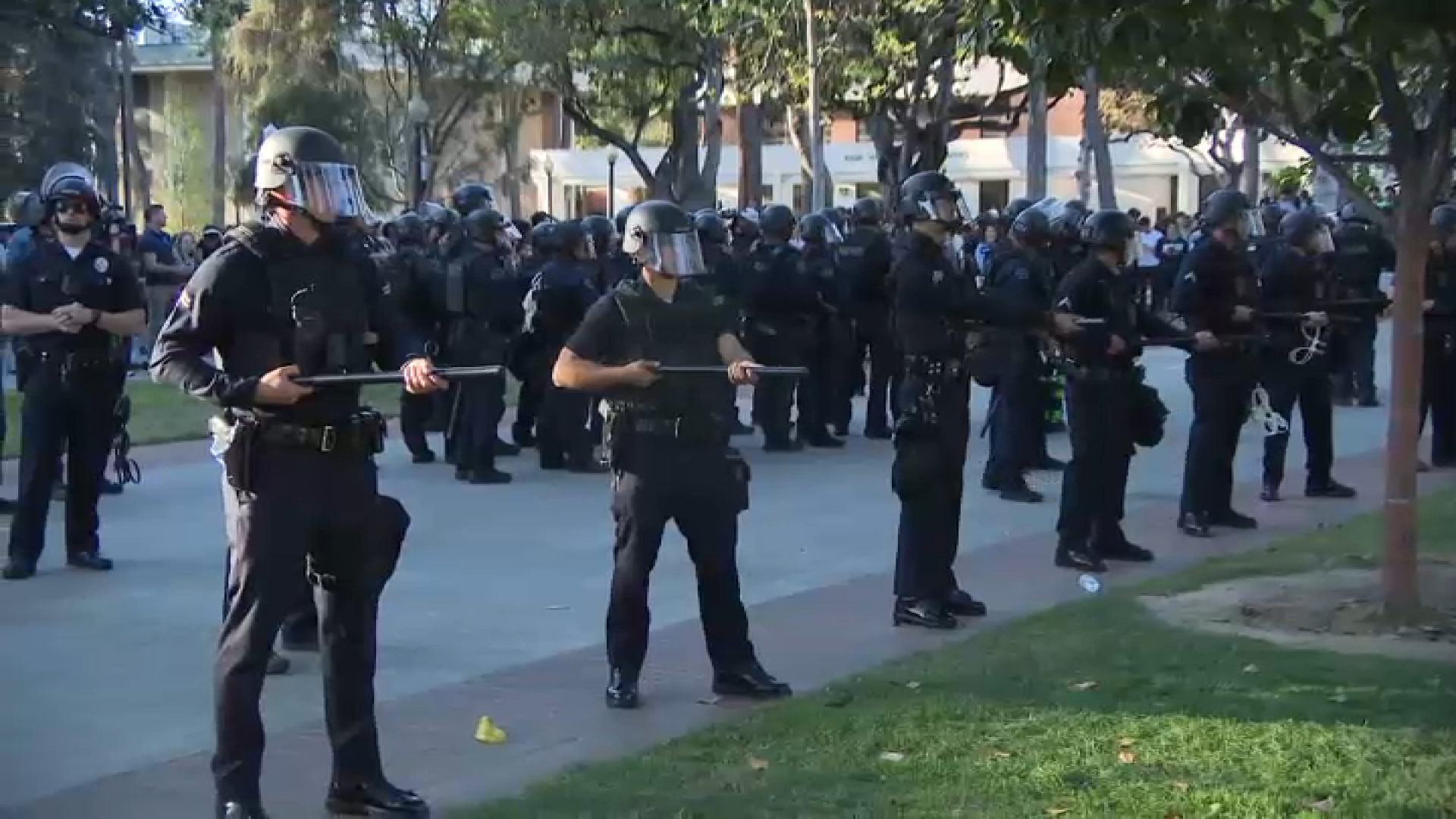After hearing reports of rising numbers of aggressive coyotes in Long Beach, a city councilwoman is considering strategies to ensure public safety, which may involve trapping and killing dangerous coyotes.
City Councilwoman Stacy Mungo said she plans to introduce the idea before the Long Beach City Council at their meeting on Aug. 11.
Long Beach Animal Care Services said they had received 223 reports of coyote sightings this year so far. While that number is still smaller than it was last year, they added they expect the number of sightings to increase in the fall.
Mungo added that while the number of sightings has remained somewhat consistent compared to previous years, the number of encounters, in which a coyote approaches someone, has increased.
"I would say residents have the right to legally deal with wildlife, including coyotes on their own," said Ted Stevens with Animal Care Services. "They can hire a professional trapper, just like they could for any other wildlife on their private property."
One Long Beach resident, Renee Lupinetti, said she sees about three coyotes a week. She said that they often jump over a wall into her backyard, and that one killed her cat in April.
"You can tell he put up quite a fight. My husband found his collar and a huge chunk of coyote fur by his car, but my cat was across the street killed," Lupinetti said. "It's vicious, it's so vicious."
News
Top news of the day
Long Beach city officials are slated to consider different options, including the creation of a Coyote Mitigation Committee. That committee would likely be responsible for monitoring the trapping and euthanizing of coyotes, or for monitoring active hazing, Mungo said.
Active hazing is one strategy used to essentially instill the fear of humans back into coyotes, according to Mungo.
Mungo described a possible three-pronged approach that would involve better safety training for the public, active hazing and den clearing, and improved signage to remind the public not to feed coyotes.
Yet, if it is deemed necessary, Long Beach could start trapping and euthanizing aggressive coyotes.
"I think that we all need to use the data to make the best decision to protect the community," Mungo said.
Mungo had an encounter last month while she was walking her dog at night. She said she yelled at the coyote, and threw a bag at it that she had brought to clean up after her dog, scaring it away.
Since the issue was announced, Mungo said she has received a lot of public feedback, and that she is now more prepared to make a proposal on more active options that other cities and communities have successfully used.



